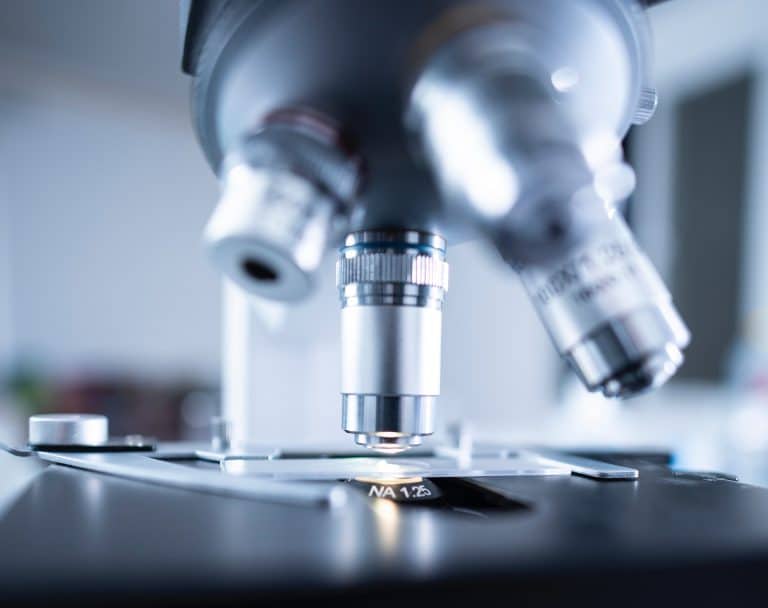In his weekly article in “Theology for Millennials,” entitled “The Anti-Vaccines,” Mexican Father Mario Arroyo Martinez shares with Exaudi’s readers today, August 2, 2021, his reflection on the symptom of social mistrust existing today about the vaccination against COVID-19.
* * *
It’s a question of trust. The existence of important population groups opposed to the vaccination against COVID-19 highlights the accentuated crisis of trust in institutions. The number of people who refuse to be vaccinated isn’t trivial. The United States did not meet its target for July 4, 2021, to a great extent because several Southern States reduced by half their vaccination rhythm, while those infected with the Delta variable doubled. It means that those against the vaccine are statistically important and have been able to slow down the vaccination process in a country that has a surplus of vaccines.
However, it seems that this is a variable of the COVID world – not that the world is post-COVID, because the virus, in addition to wreaking health and economic havoc, has undermined trust in institutions and in States. The great quantity of contradictory information circulating in the networks; the World Health Organization’s strange management of the epidemic; the information governments provided initially, which was later refuted by the facts – all this has generated an atmosphere of mistrust. We are not in a “post-COVID” world, because the virus came to stay; it won’t disappear by magic.
COVID has fuelled mistrust because everything has been very strange. Now, this is being reflected in people who don’t want to be vaccinated, in general for one of these three fundamental reasons, which run like water on the social networks, and which at times can’t be verified.
A first group of the anti-vaccines is made up of those that fear the harmful effects of the vaccine. Circulating in the news are examples of people that have suffered adverse reactions and, in extreme cases, even died after being vaccinated. Although the percentage is really negligible compared with the great multitude that has been vaccinated, one never knows if he/she will be part of this fatal statistic, or can mistrust the reliability of the official data and think that in reality, the number is much higher, but that the health authorities want to conceal it from us.
We could call the other group “conspiranoic,” which has two different facets. Some think that the whole of the COVID issue is a hoax, an audacious experiment of social engineering to control us and limit our freedoms. In this group are those that downright deny its existence, or those that accept it but regard it as much less noxious than the media leads us to believe.
The second – “conspiranoic” – group holds that COVID does exist, is real, but has been produced by some sort of dark powers (from Bill Gates to Xi Jinping) to then vaccinate us. The vaccines have certain secondary effects that these powers seek de facto to impose on the global population.
The third group is those that don’t get vaccinated for reasons of conscience. They know that some vaccines have been made using stem cells from aborted fetuses and this causes them a crisis of conscience: they can’t be against abortion but at the same time when it comes to their health problems, make use of it, as this would imply a pragmatic and utilitarian mentality not consequent with the intangible value of life. These people are not affected by the fact that the Vatican has pronounced itself in favor of getting vaccinated, or that both Francis and Benedict XVI have been vaccinated.
What to say about all this? Well, it highlights how, at the height of the post-truth era, people continue wanting the truth. The problem is that there is too much noise in the atmosphere, too much distorted information, and the truth can‘t be seen with clarity. (The Hebrew root of the word truth designates fidelity, trust).
Truth-trust has been lost, overcome by the excess of uncertain information. The fact that “each one has his truth and shares it” has occasioned an understandable paralysis and perplexity, which makes us very vulnerable, inclined to be victims of crazy positions, such as that of not getting vaccinated (so long as I am in the truth and not naïve for still trusting up to a certain point in the health authorities).
Translation by Virginia M. Forrester










